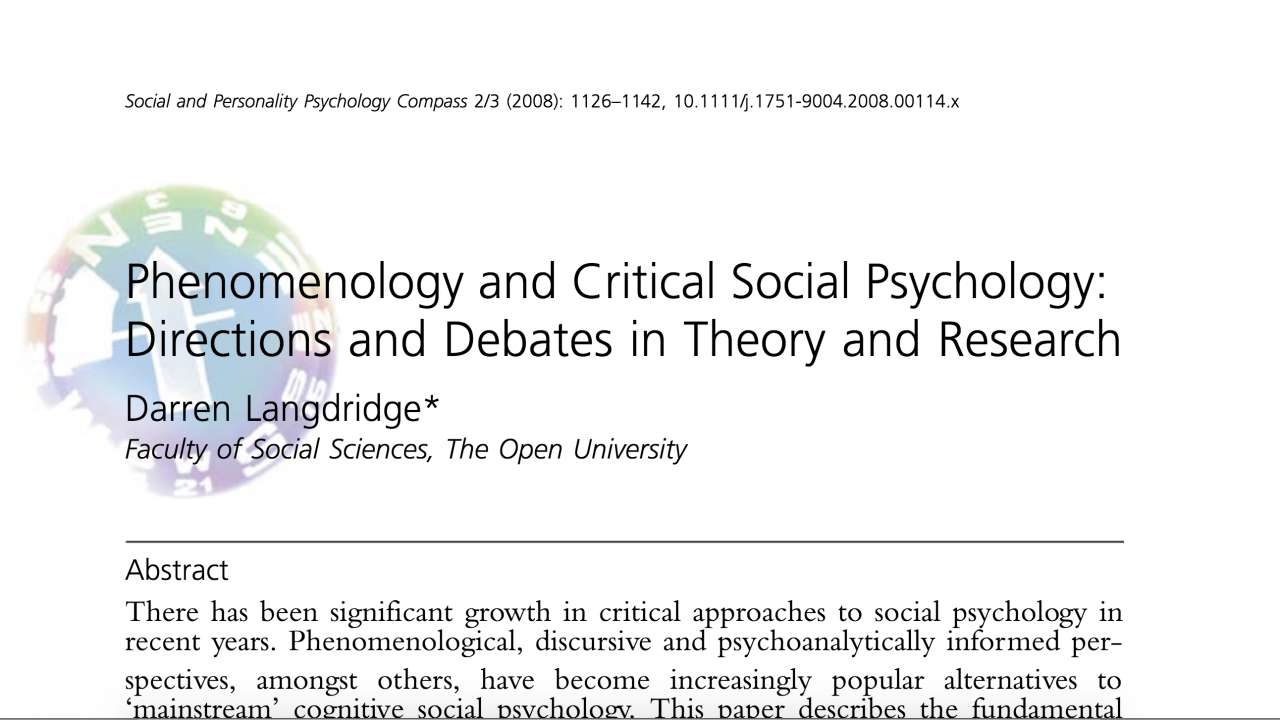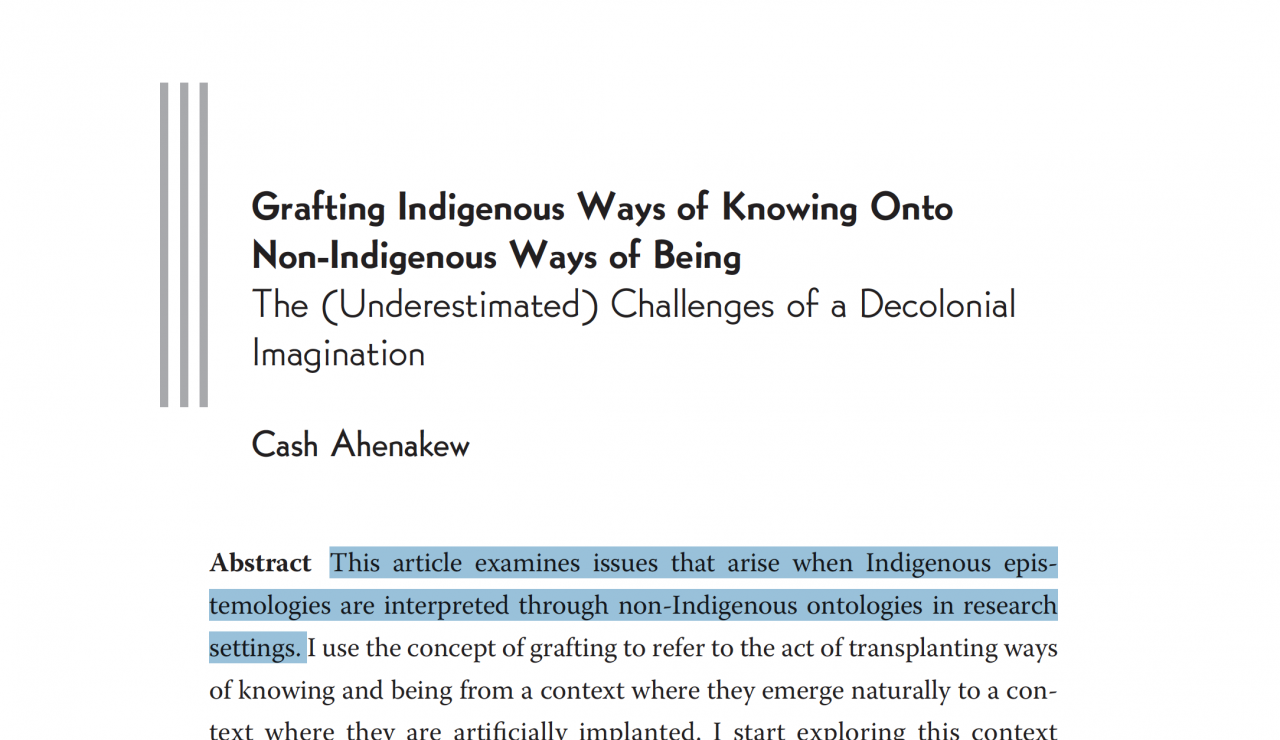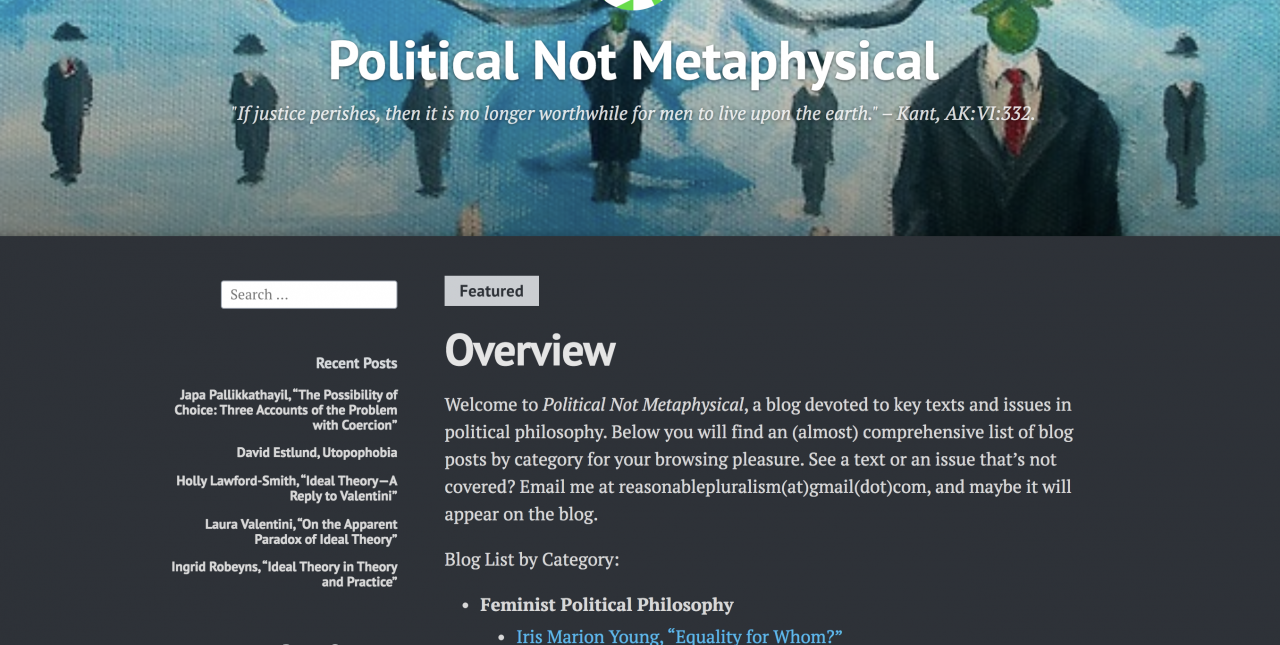Categories
Humility, humanity and human share the same Latin root word humus, meaning earth or ground.
Confronted with two viruses — COVID-19 and racism — we are reckoning with how much of our modern origins rests on exploitative and racist grounds. And while InWithForward exists to re-imagine our social systems from the perspective of the exploited and excluded, we do not and cannot occupy any moral high ground. As much as we seek to dismantle the status quo, we benefit from it too. We are products of dominator culture.
So, how can we more fully understand our own habits of thought and action? Well, we can start by seeking out critical perspectives and methodologies. Here’s three of our current areas of inquiry:
How to understand lived experiences
We talk about listening to lived experiences of marginalization, but who are we to interpret what we hear? How do we make visible our ingrained biases, recognizing how our privilege shapes the patterns we see? While we draw on ethnographic methods to help us capture the context and culture of marginalization, we’re still left in the role of observer and sense-maker. COVID-19 has complicated the role of direct observer. No longer can we safely be with people in their environments, witnessing their interactions. Instead, we must embrace first person accounts and enable people to help us understand the structure of their experiences.
That’s what we understand phenomenological methods to be about: documenting how people make sense of their lived experiences. This fall, in collaboration with British Columbia’s Representative for Children and Youth, we’re exploring how to record young people’s memories of family court and the ways in which they understand their agency and voice. Rather than impose our own interpretive lens, we’ll work with young people to use their language and frames. Here’s one article we’re reading to get ready.

How to challenge the stronghold of Western thought
“I think, therefore I am” is one of the bedrocks of modern thought. So too is “I plan, therefore it will be” and “It is this, therefore it cannot be that.” We’re so steeped in Western ways of knowing that it’s tough to unravel how it shapes just about everything: what we come to see as legitimate, valid, relevant, good and of value.
While we’ve long critiqued empirical ways of knowing, many of the philosophies and concepts we draw on are still rooted in Eurocentric traditions. Indigenous scholar Cash Ahenakew talks about the dangers of transplanting Indigenous ways of knowing onto these dominant, non-Indigenous ways of being. Meaningful reconciliation requires nothing short of deconstructing the foundation of modern thought. Ahenakew’s poetry and analysis helps lay the groundwork for a far more inclusive architecture. This is highly recommended reading.

How to think about justice
We know what injustice looks like: the murder of George Floyd, Chantel Moore, Breonna Taylor, and too many other Black and Indigenous lives. Do we know what justice looks like? Is justice about defining and righting wrongs, or allocating resources, and on what basis: by merit, need, purpose or equality? Is it about adherence to rules or adaptation to principles? Is it about sorting out past wrongdoing or proofing against future harm? As we explore what justice means, we’re confronted with a multiplicity of theories and concepts.
For the Haudenosaunee, justice must take into account human and non-human interests seven generations from now. For feminist theorists like Nancy Fraser, justice must be about recognition of subordinate identities as much as redistribution of economic goods. You can read more about 7 Generation Principles here and check out Fraser’s thinking in this blog.

Happy reading, thinking, sensing, questioning and cogitating!
